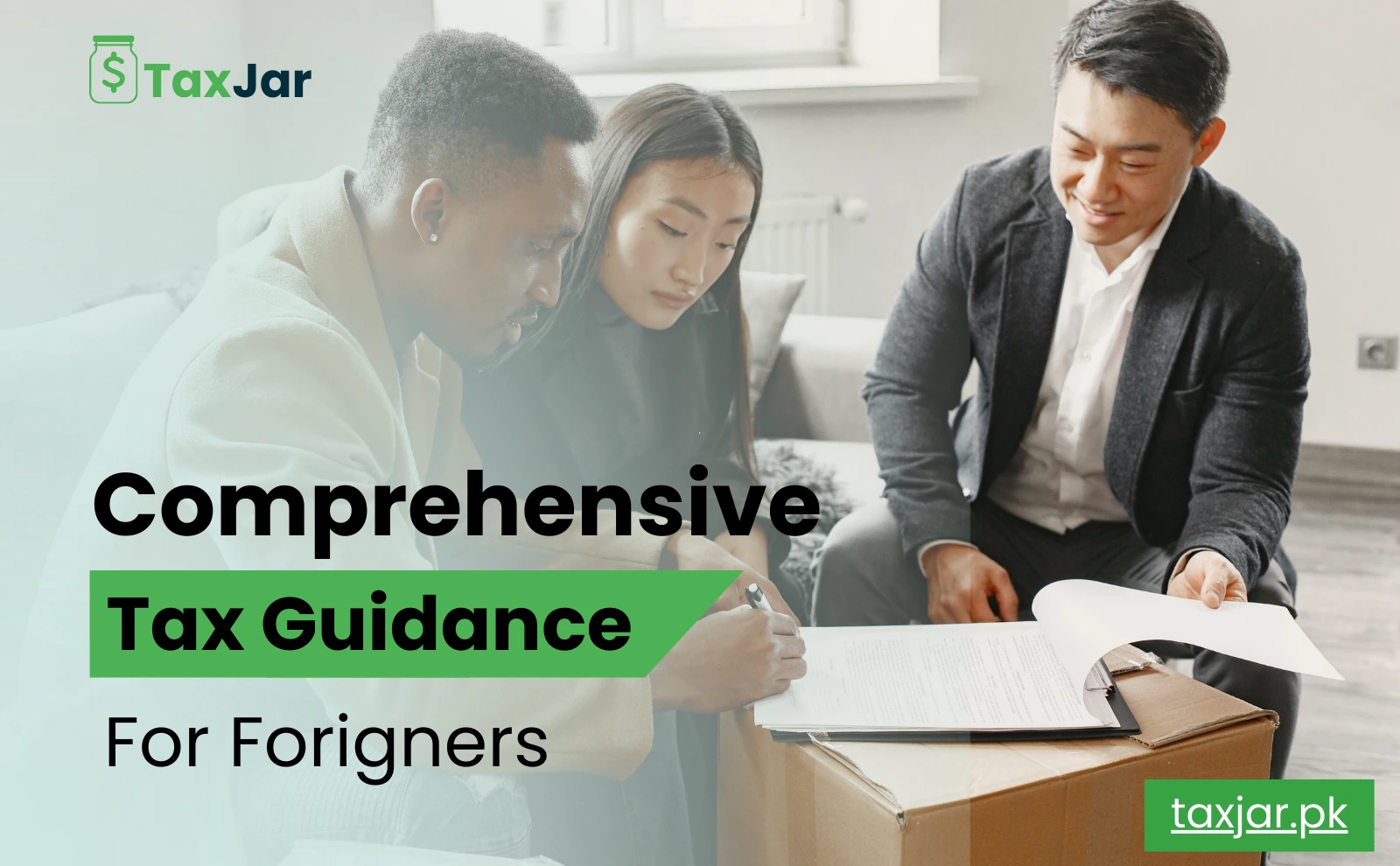
A Pakistani citizen is a non-resident person of taxation in case he/she has exceeded the 183 days stay outside of Pakistan in one tax year (July 1- June 30). This status enjoys a few exemptions and it alters the way that your income is viewed under Pakistani taxation law. This definition is a starting point on learning how to plan your taxes as an over seas Pakistani.
You might even file a tax report even though you are not a resident of Pakistan because of earning income there. This is rental income on property, capital gains on local assets or in dividends on Pakistani companies. In most cases, the deadline to file taxes is September 30 of every year, and defaulting can lead to fines even with overseas citizens.
All the income is not similar. On non-residents, rental, dividend and capital gain taxes are levied at 15 and 10-15 and up to 10 per cent respectively depending on the duration of ownership. Such fixed rates are easy to plan but on the other side require accurate reporting and payment promptly to avoid issues.
Probably the greatest of the advantages of being a non-resident is the fact that any income earned when outside Pakistan say, salaries, profit on foreign undertakings or investments overseas are normally income-tax-exempted in Pakistani law. It should however clearly distinguish this income with the Pakistan based income in order to ensure compliance and prevent double taxation.
Pakistan has entered into Double Taxation Agreements (DTAs) with more than 60 countries such as UAE, UK, and the USA. These treaties are geared to avoid double taxation of the same income. Properly documented it is possible to claim tax credits, or sometimes even exemptions based upon the treaty with your country of residence.
The initial current rule allows non-residents to optimize their tax position by savvy use of finances. Remittance protection can be provided by preventing Pakistani income tax in purchasing foreign assets, and tax-efficient when using formal banking networks to transfer money. Registring with the FBR as non-resident makes it easy to manage your business with the assets in Pakistan.
Although your exemption status lets you off the hook when it comes to filing, remaining compliant has its advantages in the long run. It guarantees smooth procedures in Pakistan with regard to property acquisitions, management of investments, and business transactions. In addition to that, it safeguards your financial position in case you ever elect to move back or invest again in the country you live in.
TaxJar PK will assist overseas Pakistani individuals through expertise by advising proper tax compliance, exemption claims and cross-border planning. If you need assistance with your return, even to recognize DTAs or to plan investments, we are here to do the difficult easy.
TaxJar PK has identified and specialized in assisting Non-Resident Pakistanis such as yourself with tax laws in Pakistan, through the complex tax legislation and regulations in the country. You may be a foreign national working overseas, a foreign investor in local real estate, or you are a soon-to-be traveler back home to your motherland- we are your trusted partner in tax compliance and planning.
We do not focus on one-size-fits-all advice; we offer customized solutions that rely on your source of income, your place of residence, and your ambitions. Including filing tax returns and DTA application, registration of firms with the FBR and long term tax planning, our team can handle it all.
Complying with tax can be almost a nightmare when you have to handle money across nations. But as a Non-Resident Pakistani, the rules actually become your advantage in case you are well aware of it. Everything, including learning when you have to submit a return, how to sensibly split your overseas income and local earnings, and make use of tax treaties, requires clever planning. Compliance is not only a matter of not being hit by sanctions, but it is ensuring that your assets, your investments, and your finances have a long-term future in Pakistan.
We empower businesses across Pakistan with secure, efficient, and regulation-ready billing solutions, making tax compliance simpler, faster, and smarter.
© 2025 Tax Jar. All Rights Reserved
WhatsApp us